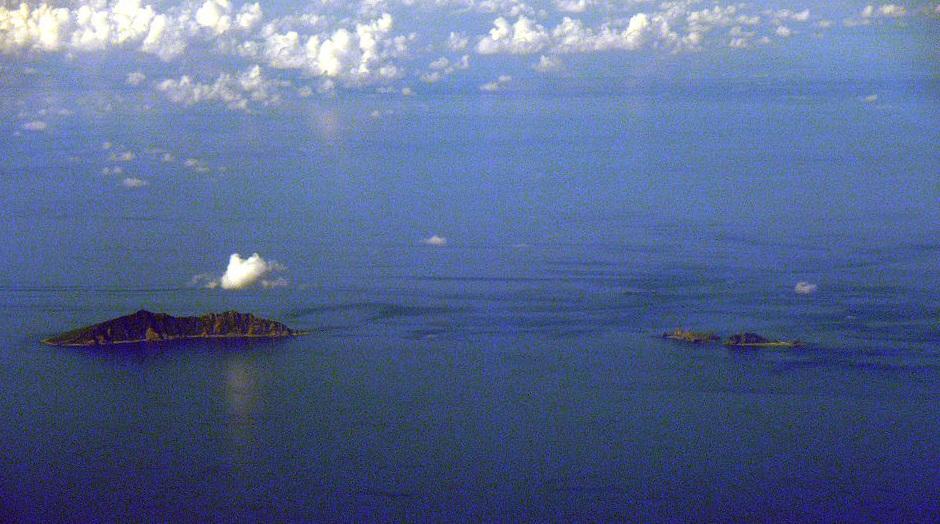 Peter Jennings picks up a theme that has been working its way through the Western security community for some years now, and quite explicitly so since Russia’s invasion of Ukraine: hard power is back.
Peter Jennings picks up a theme that has been working its way through the Western security community for some years now, and quite explicitly so since Russia’s invasion of Ukraine: hard power is back.
That’s welcome news for many who are attracted to security studies precisely because the discipline deals with the real questions of military force, not long-term ephemeral wishes about change. But before we don our Machiavellian robes, we should look at just how much ‘power’ this recent spate of hard power use has achieved.
In Eastern Europe Russia has certainly picked up a tasty morsel in Crimea. But think about where the Russians were a year ago when they had the same bases in Crimea and a supportive government in Ukraine. Their economy was in much better state and more integrated with the EU and they could push and prod the West over issues of sovereignty at will. The way Russia acted is also notable. They went in covertly—which bought them just enough time to complete their efforts. The operation might better be described as the deployment of force than the employment of it. Too much force and the reaction of political leaders and—especially—world markets would have been far stronger. Hard power has allowed Russia an expensive face-saving manoeuvre but little more. Does its backyard intervention signal that Russia is now a serious global power? No.
Syria shows that the West is unwilling to use hard power in areas where it has few core interests, but also that diplomacy provided an avenue to solve the one issue that created real concern: the use of weapons of mass destruction. To invert Stalin’s famous phrase, a hundred thousand deaths may be a tragedy, but the death of a single country via civil war is just a statistic. It’s a data point on a trend line where such situations are increasingly rare. For those concerned about hard power, the West’s reluctance to use hard power here should be encouraging and telling: we’re getting wiser at understanding when we can and can’t use it.
China’s experience is also indicative. While yet to really show the flash of the knife, its hard-power policies have managed to turn much of the region against it in only a few short years. Over 30 years its economic and diplomatic power worked to build its capacity and influence. But since 2008 its emphasis on clumsy military moves and martial rhetoric has seen its goals slip away. America has stepped back into the region, regional countries have been busily investing in their militaries and China seems even further from managing to convince any country save North Korea to support it. It can’t even get a nervous Vietnam or the militarily-underequipped Philippines to give it some rocks in the sea. Power? Hardly. A century ago a great power in China’s position would have just invaded to grab the resource. Today such use of force would send China’s economy into a nosedive, give Japan legitimacy for re-armament and ensure regional solidarity against Beijing.
Even the US is finding hard power hard to use. It could topple the Taliban in Afghanistan and Saddam Hussein in Iraq, but no amount of military operations from patrols to drone strikes could bring either country under control. Meanwhile its treasury has seeped dry and its politics have turned in on itself. The core lesson from the last two wars is that the US has long over-estimated what hard power can do and consequently under-invested in the regional, political and economic skills needed to influence, stabilise and control territory beyond its shores.
I agree with Peter that military power remains the foundation of national strength. We may well see wars break out in the Asia-Pacific and the hard power capacity of those involved will determine the outcome. But I also agree with a thought Peter expressed in an earlier post when he said that tying a nation’s strategy ‘exclusively to the use of military force … strikes me as just too narrow for modern-day needs’. China, Russia and the US have in various ways all shown that the use of force can at best achieve defensive goals. But if states want to go on the offensive and achieve new interests and objectives or to change their place in the global hierarchy, hard power is hard to use—and not that powerful.
Andrew Carr is a research fellow at the Strategic and Defence Studies Centre at the Australian National University. Image courtesy of Wikimedia Commons.